This is my code:
#include <iostream>
#include <string>
#include <iomanip>
using namespace std;
int main() {
int n1 = 1, n2 = 2;
cout << setw(5) << n1 << endl;
cout << setw(6) << n1 << " " << n2 << endl;
cout << setw(7) << n1 << " " << n2 << endl;
cout << setw(8) << n1 << " " << n2 << endl;
cout << setw(9) << n1 << " " << n2 << endl;
cout << setw(8) << n1 << " " << n2 << endl;
cout << setw(7) << n1 << " " << n2 << endl;
cout << setw(6) << n1 << " " << n2 << endl;
cout << setw(5) << n1 << endl;
return 0;
}
This is my output:
However, my intended output is:
what's wrong in my code?

